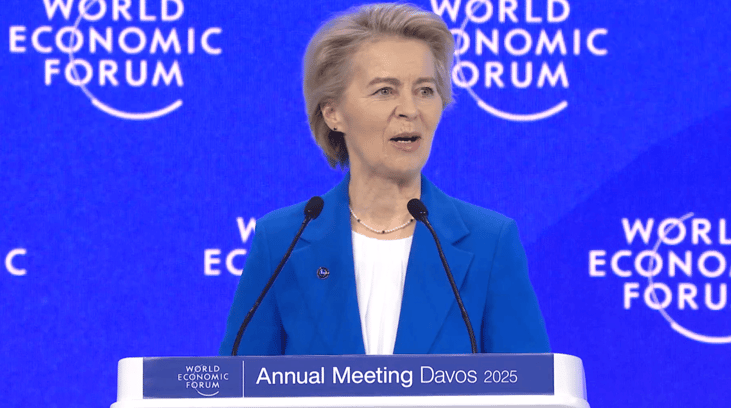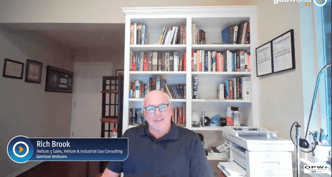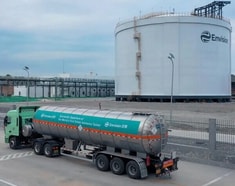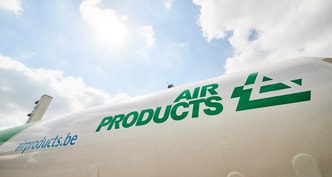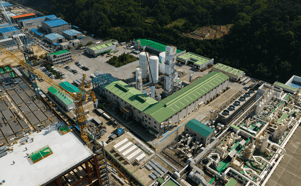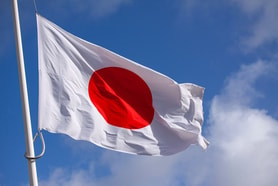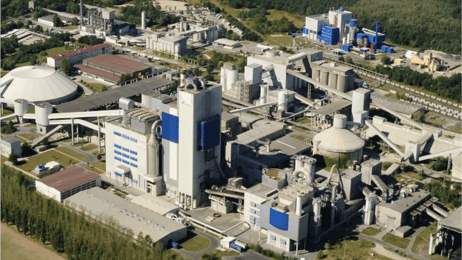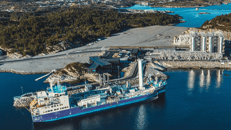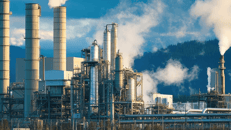European leaders reach out as world closes in
A central discussion on the opening day of the World Economic Forum’s annual meeting in Davos was Europe’s present and future industrial policy, a day after US President Trump rolled out a wide range of executive orders which will have as many ramifications for global trade as domestic policy.
Within hours of taking office, President Donald Trump signed an executive order to suspend further funding from the Inflation Reduction Act (IRA) and Infrastructure Investment and Jobs Act (IIJA).
Olaf Scholz, Federal Chancellor of Germany, said it was clear that President Trump and his government “will keep the world in suspense” with energy and trade policy.
... to continue reading you must be subscribed

